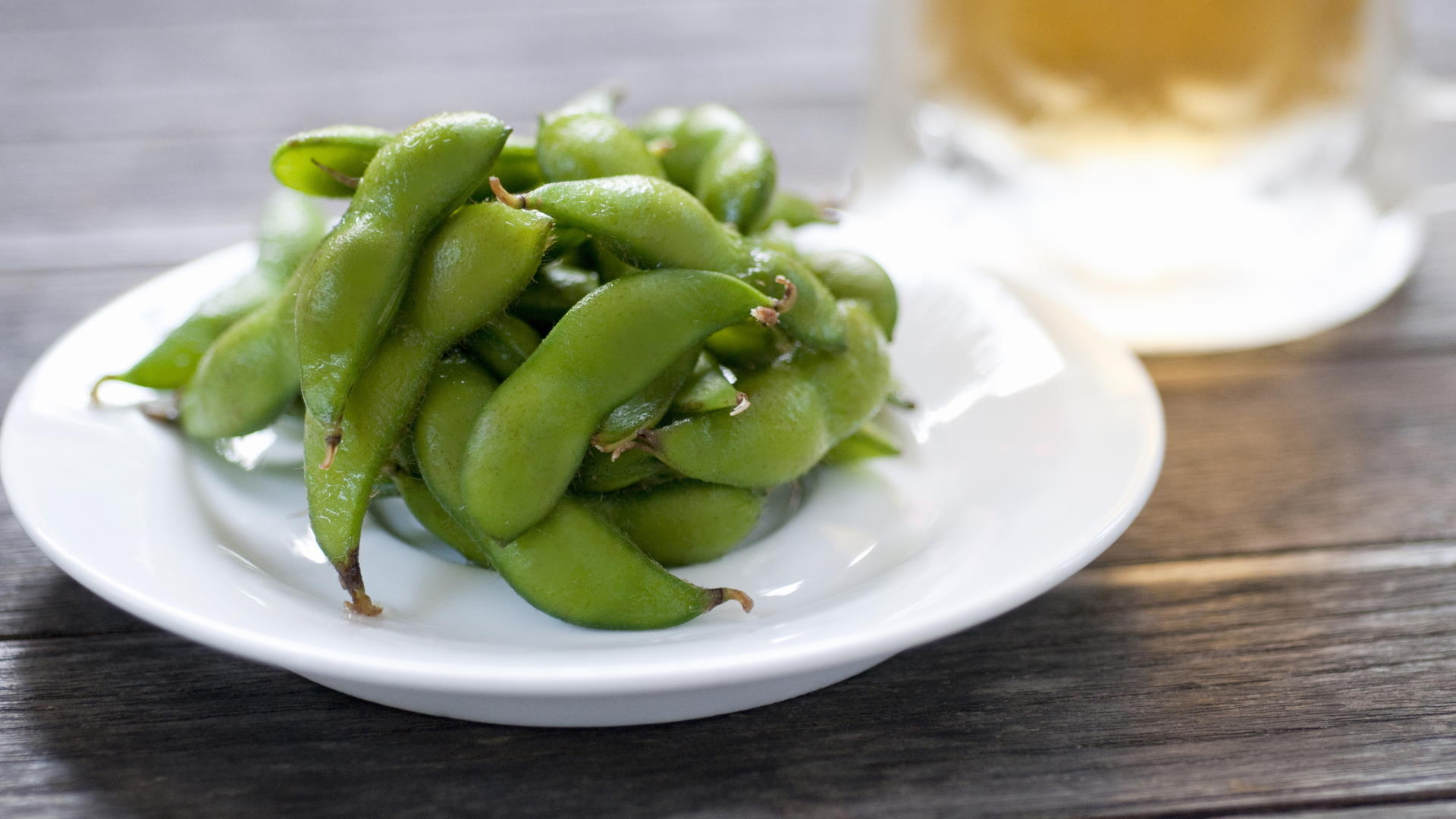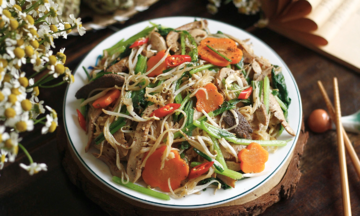Upon entering a sit-down restaurant in Japan, diners are typically presented with a hot towel. Some establishments also offer tea and a small appetizer. While the towel and tea are complimentary, the appetizer is not.
This obligatory appetizer is called otoshi, derived from the verb "tosu," meaning "to pass through" or "to be led through," referring to the customer being led to their seat. Most restaurants choose the otoshi for the customer. Each diner receives a small plate, often with a brief explanation from the server: "Otoshi desu" or "Otoshi de gozaimasu" ("This is your otoshi").
 |
Edamame is often served as the obligatory appetizer. Photo: Japankuru |
Edamame is often served as the obligatory appetizer. Photo: Japankuru
Otoshi is usually simple, perhaps pickled or simmered vegetables, a bit of tofu, or a small piece of meat or fish. It is typically consumed in a few bites. One frequent complaint is that otoshi is often unremarkable and considered the "most forgettable part of the meal." Restaurants rarely gain popularity for their exceptional otoshi.
However, otoshi serves as a substitute for a service charge. Japan is known for its lack of tipping culture in restaurants, although bars often have table charges. Otoshi acts as a compromise, allowing restaurants to avoid imposing a separate service fee. The cost of preparing otoshi is minimal, making the charge almost pure profit for the restaurant.
For many foreign visitors, paying for an unordered dish can be surprising. Restaurants rarely advertise the otoshi price or mention it on menus or at the entrance. Diners often discover the charge only upon receiving the bill.
For locals, the otoshi system is rarely controversial. The price typically ranges from 300 to 600 yen (USD 2.04-4.08) and even at upscale establishments rarely exceeds 1,000 yen (USD 6.80). When Japanese diners visit izakayas (Japanese pubs) or traditional restaurants—places that commonly serve otoshi—they mentally factor in an extra 500 yen (USD 3.40) or so beyond the menu prices.
Fast food restaurants and casual eateries, including teishokuya (set meal restaurants), ramen shops, and conveyor belt sushi restaurants, generally do not serve otoshi.
Hoai Anh (Japan Today)












